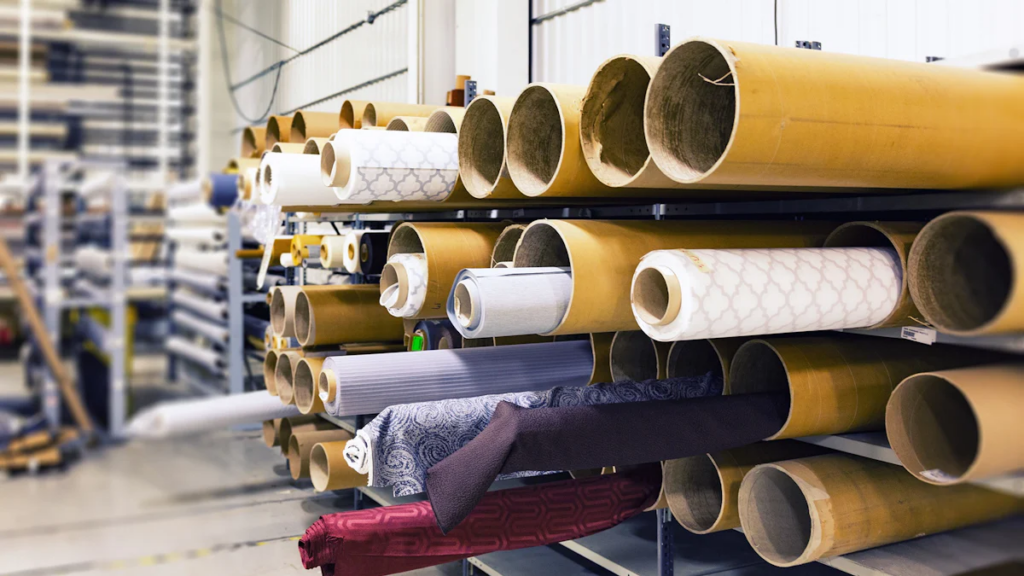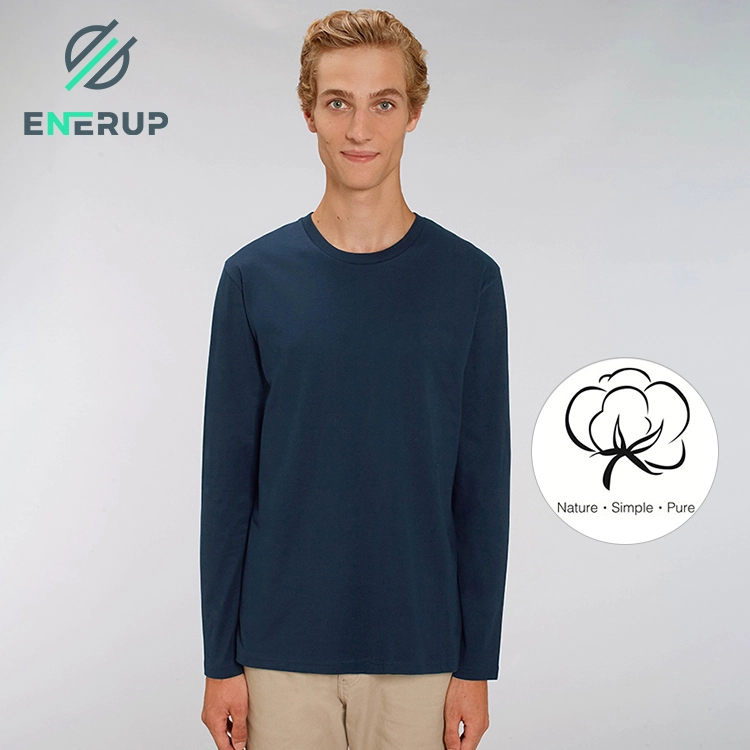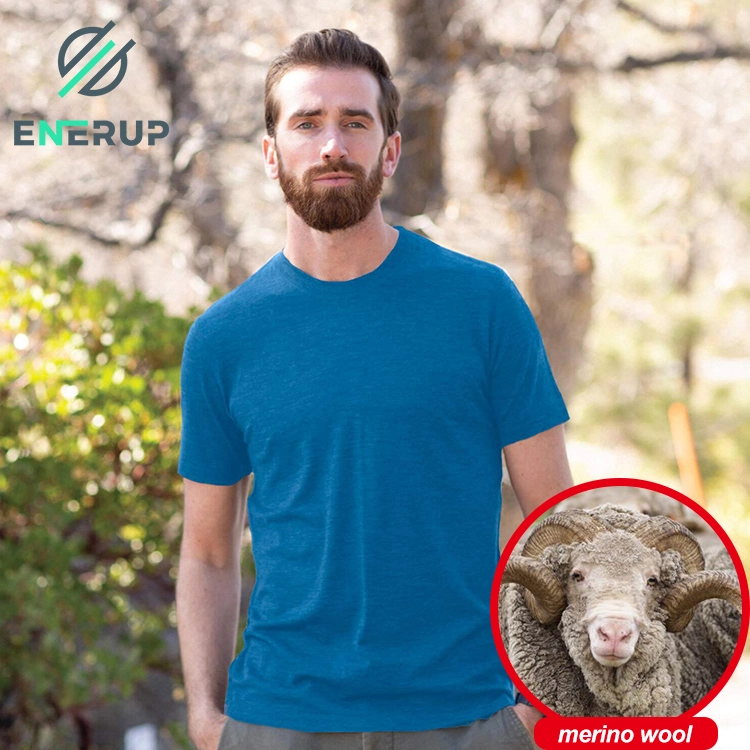Introduction to Clothing Manufacturing
Clothing manufacturing plays a pivotal role in the fashion industry, encompassing a wide array of processes that bring designer concepts to life. Clothing manufacturers are instrumental in transforming raw materials into finished garments, ensuring that each piece meets the brand’s standards and specifications.
Defining the Terms: Clothing and Apparel Manufacturer
When we refer to a manufacturer, we are talking about an entity responsible for producing goods on a large scale. In the context of fashion, a clothing manufacturer specializes in creating various types of garments, ranging from everyday wear to high-end fashion pieces. On the other hand, an apparel manufacturer typically encompasses a broader scope, including clothing as well as accessories such as hats, scarves, and gloves.
The Importance of Manufacturers in Fashion
Manufacturers hold significant importance in the fashion realm by serving as the backbone of the industry. They facilitate the transition from design concepts to tangible products, enabling brands to offer diverse collections that cater to different consumer preferences. Without proficient clothing manufacturers, designers would face substantial challenges in bringing their creative visions into fruition.
The Vital Role of a Clothing Manufacturer
In the realm of fashion, a clothing manufacturer plays an indispensable role in bringing creative concepts to life. Their contribution extends far beyond mere production, encompassing various essential services that are crucial for the success of any clothing brand.
From Concept to Reality: The Manufacturer’s Contribution
Turning Sketches into Garments
The process begins with the interpretation and transformation of intricate sketches and designs into tangible garments. This involves meticulous attention to detail, precision, and expertise in translating two-dimensional concepts into three-dimensional wearable pieces. A skilled clothing manufacturer possesses the technical proficiency to understand and execute complex design elements accurately.
Collaboration with Designers
Collaboration between clothing manufacturers and designers is a cornerstone of the entire production process. Manufacturers work closely with designers to comprehend their vision, offer valuable insights, and provide technical advice on material selection, construction techniques, and feasibility. This collaborative effort ensures that the final product aligns seamlessly with the designer’s original concept while meeting industry standards.
Beyond Sewing: Additional Services Offered
Fabric Sourcing
Apart from garment construction, clothing manufacturers also undertake the critical task of sourcing high-quality fabrics and materials. They leverage extensive networks and industry knowledge to identify suitable textiles that align with the brand’s aesthetic vision and quality standards. This includes considerations such as fabric composition, texture, colorfastness, and sustainability aspects.
Customization and Finishing Touches
In addition to standard production processes, clothing manufacturers often offer customization services tailored to specific brand requirements. This may involve incorporating unique embellishments, specialized printing techniques, or custom finishes that elevate the visual appeal of the garments. These finishing touches add distinctive value to each piece while reflecting the brand’s individuality.
Harvest SPF Textile Co, Ltd, established in 1993, is a clothing manufacturer that operates based on the concept of “Dress for Health, Dress for Energy”. The company is dedicated to the research and development, original design manufacturing, and international trading of healthy and functional textiles.
Harvest has a team of authoritative technical experts that focus on innovation, research and development, and the application of fiber and fabrics. The company holds more than 30 patents, demonstrating its commitment to innovation in the textile industry.
In addition to its technical expertise, Harvest also has a strong international presence. With an excellent and experienced trade team, Harvest’s customers have spread across 60 countries in North America, South America, Europe, and Australia over the past 20 years. Their main customers include scaled retailers, Amazon sellers, and D2C brands that focus on bringing cutting-edge functional clothing products as well as sustainable solutions to the market.
The Production Process Explained
Once the designs are finalized and the fabric sourcing is completed, the clothing manufacturer commences the intricate production process. This phase involves a series of meticulous stages that culminate in the creation of high-quality garments that align with the brand’s vision.
Step-by-Step: Understanding the Production Stages
Pattern-Making and Cutting
The initial step in garment production involves pattern-making and cutting, where skilled artisans meticulously translate design blueprints into tangible patterns. These patterns serve as templates for cutting fabric pieces with precision, ensuring uniformity and accuracy in every garment. The clothing manufacturer utilizes advanced technology and expertise to optimize material usage while minimizing waste, thereby contributing to sustainable practices within the fashion industry.
Stitching and Assembling
Following pattern-making, the process advances to stitching and assembling, where individual fabric pieces are expertly joined together to form cohesive garments. This stage demands a harmonious blend of manual dexterity and technological proficiency as specialized sewing machines are employed to execute intricate stitching techniques. The clothing manufacturer ensures that each seam is impeccably finished, upholding superior craftsmanship throughout the assembly process.
Quality Control and Final Inspection
Ensuring the Highest Standards
Quality control stands as a paramount aspect of production, underscoring the commitment of clothing manufacturers to deliver impeccable products. Rigorous quality checks are conducted at various checkpoints to validate precise measurements, seam integrity, fabric consistency, and overall construction. This stringent scrutiny guarantees that every garment meets exacting standards before proceeding to the final inspection phase.
The Role of Feedback in Production
Feedback mechanisms play a pivotal role in refining production processes within a clothing manufacturing setting. Manufacturers actively solicit input from their team members, designers, and quality assurance personnel to continually enhance operational efficiency and product excellence. By incorporating constructive feedback into their practices, clothing manufacturers uphold a culture of continuous improvement while fostering innovation in garment production.
How to Work with a Clothing Manufacturer
Finding the Right Partner
When seeking a suitable clothing manufacturer for collaboration, thorough research and diligent reference checks are essential. Prospective partners should be evaluated based on their expertise, industry reputation, and track record of delivering high-quality garments. It is imperative to prioritize manufacturers that align with the brand’s values and aesthetic vision, fostering a harmonious partnership.
Requesting a Quote and Adhering to Budget
Upon identifying potential clothing manufacturers, brands should request comprehensive quotes detailing production costs, lead times, and minimum order quantities. Clear communication regarding budget constraints is crucial to ensure that both parties are aligned on financial expectations. Adhering to the agreed-upon budget parameters fosters transparency and cultivates a mutually beneficial working relationship.
The Process of Collaboration
Collaborating effectively with a clothing manufacturer entails establishing clear expectations and timelines from the outset. Brands should articulate their design requirements, quality standards, and delivery schedules in precise terms to avoid ambiguities during production. Maintaining open lines of communication throughout the collaboration process is paramount, enabling seamless coordination and proactive issue resolution.
Conclusion
The integral role of manufacturers in the fashion industry cannot be overstated. Their expertise and contributions form the foundation upon which successful clothing brands thrive, ensuring the seamless transition from design concepts to tangible, high-quality garments.
The Integral Role of Manufacturers in Fashion Success
Manufacturers serve as the linchpin of fashion success, orchestrating a symphony of processes that culminate in captivating collections and satisfied customers. From pattern-making to quality control, their meticulous attention to detail and unwavering commitment to excellence underpin the entire production journey.
Recap of Key Points
Throughout this exploration of clothing manufacturing, it becomes evident that manufacturers are pivotal in every phase of garment creation. They collaborate closely with designers, source premium fabrics, and meticulously oversee production stages to deliver garments that embody creativity, precision, and style.
Manufacturers play a multifaceted role encompassing creativity, technical proficiency, and operational finesse. Their ability to seamlessly integrate these elements ensures that each garment reflects the brand’s vision while meeting stringent industry standards.
Encouraging Successful Partnerships
In fostering successful partnerships between clothing brands and manufacturers, mutual respect, clear communication, and shared goals are paramount. By recognizing and appreciating the distinct contributions of each party, collaborative endeavors can flourish into enduring relationships marked by innovation and mutual growth.
In conclusion, the relationship between clothing brands and manufacturers is symbiotic. As brands entrust their creative visions to manufacturers’ capable hands, a harmonious synergy emerges—a synergy that propels fashion forward with each impeccably crafted garment.
By understanding and valuing the indispensable role of manufacturers in fashion success, brands can forge enduring partnerships that elevate their collections while contributing to the vibrant tapestry of the fashion industry’s evolution.














